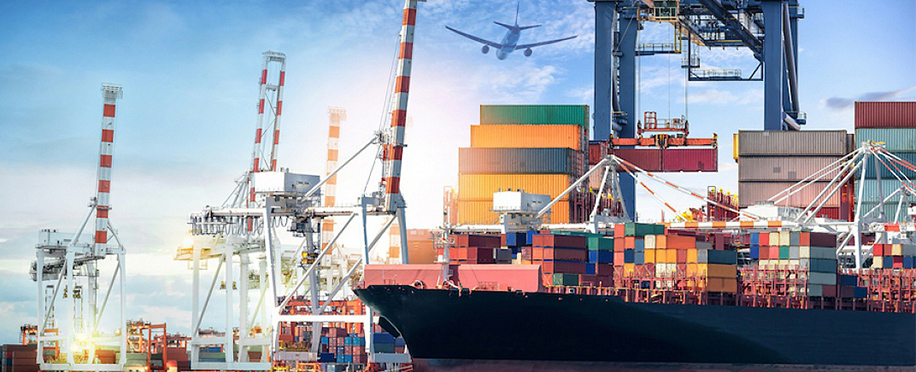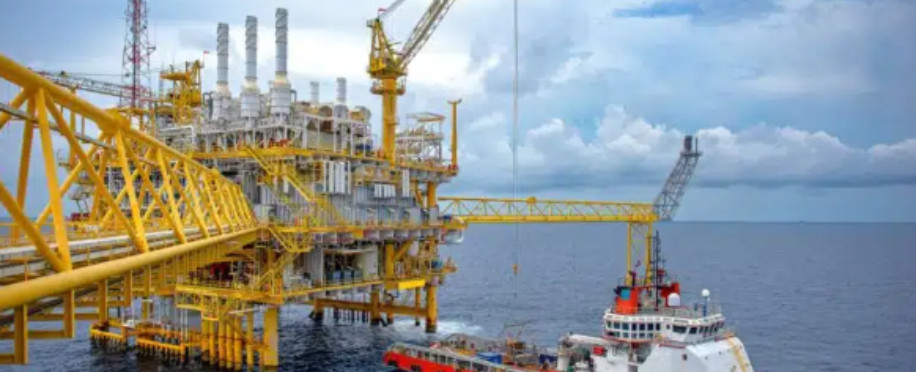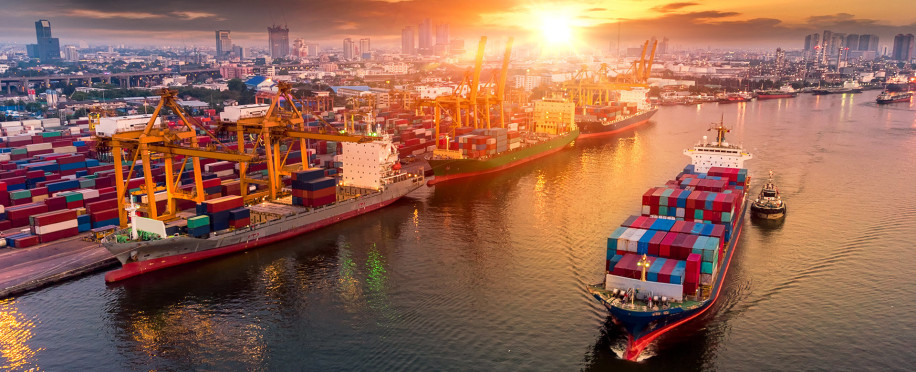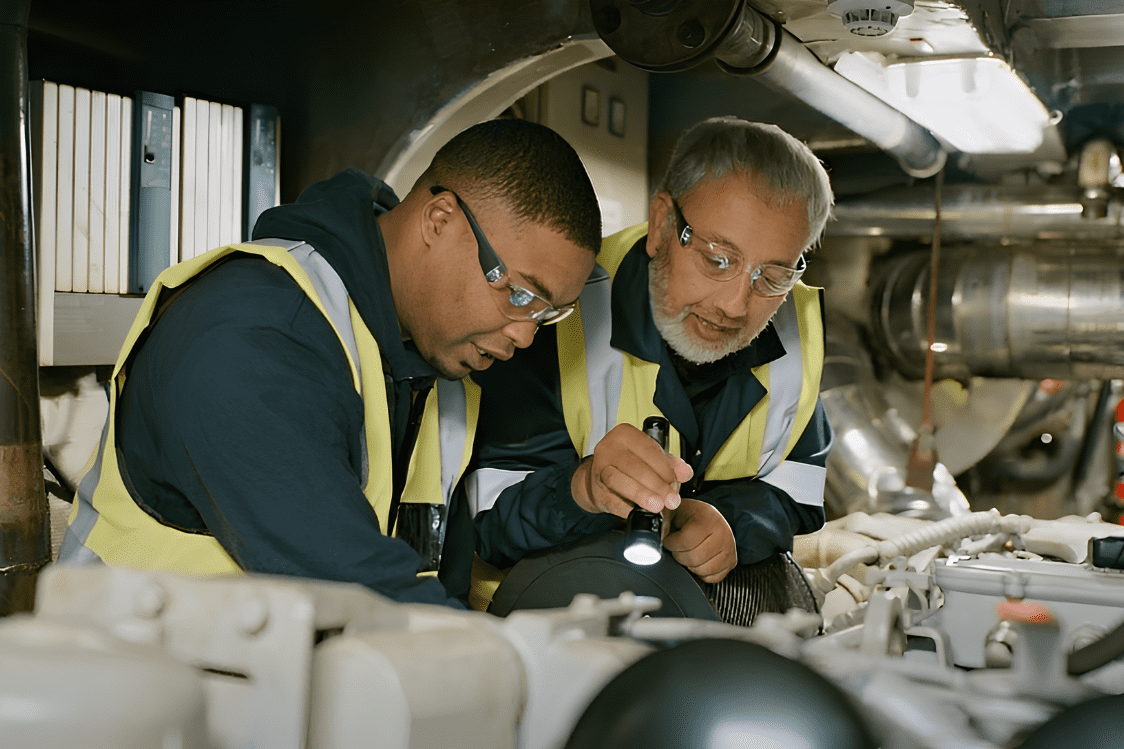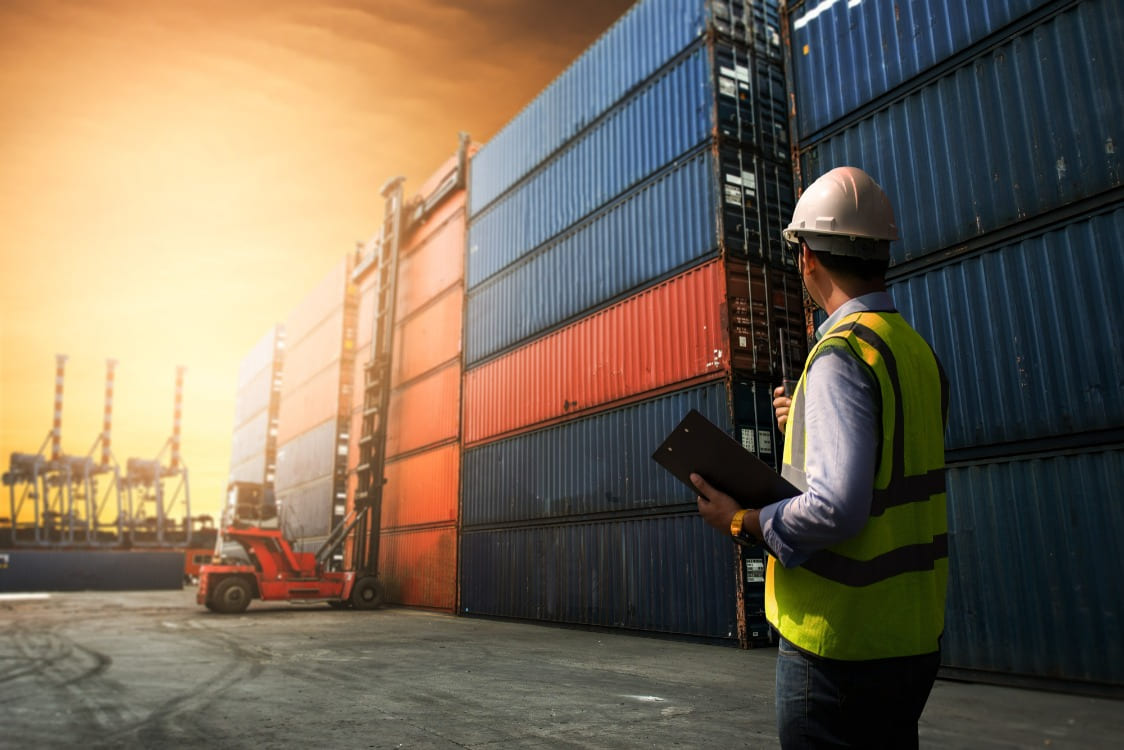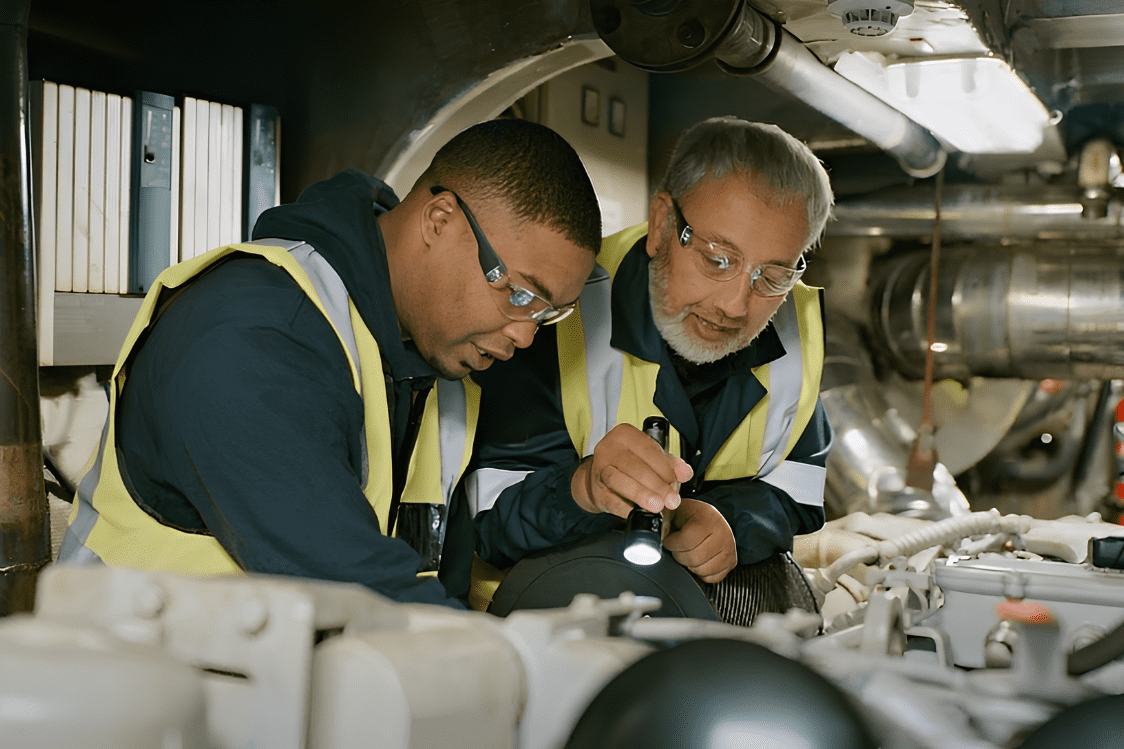The Impact of Offshore Drilling on Marine Ecosystems and Energy Futures
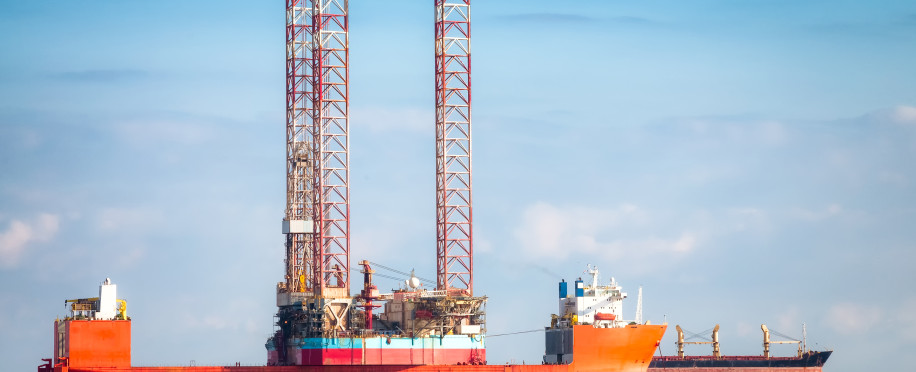
Posted on Mar 31, 2024 at 01:03 PM
Offshore drilling has more than you can imagine impacts on our lives, including the maritime environment, onshore environment, and by default people's health.
More than that, as oil drilling is becoming necessary to run and function different types of industries, the interest in offshore oil and gas has increased through the years. However, no one can ignore the bad impacts of offshore drilling on various levels.
Continue reading with us to know all about offshore drilling, the administration and controlling factors of the offshore oil and gas drilling industry, and the direct impacts of this offshore oil and gas production process on the land's and ocean’s environment.
What Is the Meaning of Offshore Drilling?
Offshore oil drilling is the exploration and extracting process of oil and gas from beneath the seabed in coastal areas or deep ocean waters. Through drilling wells into the seabed by using advanced rigs to extract oil or gas from beneath the ocean floor.
Moreover, offshore drilling is considered a complex process that involves the latest emerging innovations in marine engineering that must be managed by maritime energy experts and professionals.
However, offshore oil drilling can be located in various water depths, ranging from shallow waters near the coast to deepwater far offshore. Then the extracted oil or gas from the sea is typically carried from the drilled well and production platform to shore via pipelines or tanker ships to a technical facility for further processing and the distribution of fuels.
We can say that offshore oil drilling provides the majority of the world's oil and gas supply, as we are talking about a third of the world's production and news proposed that this number is going to grow.
Yet, that does not mean that we can pass the present earth's environmental and safety challenges attached to oil fossil discovery, including the risk of oil spills and habitat disruption.
3 Major Factors That Control the Impact of Offshore Drilling:
As offshore drilling and exploration services could take place in various locations near beaches or in deep oceans, then, the impacts also differ depending on various management and production specifications:
-
The geographical location of offshore drilling sites is attached to variable factors such as environmental sensitivity, shipping forecast, regulations, and many others. Which indicates the potential influence on the ocean’s ecosystems.
-
An offshore drilling position can occur in various water depths, and each depth level is attached with unique challenges and risks, such as pressure level, drilling technique, offshore rig, additional cost, and most importantly the availability of resources.
-
The used drilling equipment, including offshore drilling rigs, platforms, and safety systems, significantly influences operational safety, efficiency, and environmental protection measures.

What Are the Biggest Impacts of Offshore Drilling?
All the professional marine engineering courses focus on the importance of stopping active offshore drilling to boost environmental health. Due to their direct impact on the ocean environment and our life quality.
-
Affect the Underwater Life Disruption:
Offshore drilling units and rigs can disrupt natural marine ecosystems through habitat destruction, threaten the breeding ground, and release toxic infection as a resolution of drilling fluids and waste disposal, which endanger fish, marine mammals, and other underwater life modus.
-
Lead to Air and Water Pollution:
All the operations related to offshore drilling hold responsibility for pollutants leases such as volatile organic compounds, nitrogen oxides, and particulate matter into the air.
Subsequently, accidental oil spills and leaks during petroleum drill, extraction, transportation, or storage can result in devastating environmental consequences.
And that simply will damage aquatic organisms and compromise water quality, leading to harm to wildlife, polluting shorelines and islands, and even disrupting the economy of local coastal communities dependent on tourism and fishing.
-
Produce High Noise Pollution:
The use of seismic surveys, drilling rigs, and vessel traffic generates high levels of underwater noise, which can disrupt marine life communication, navigation, and behaviour.
In other words, as noise pollution is a big deal onshore, and will lead to many bad impacts, it will as well lead to stress, disorientation, and potential long-term impacts on marine species.
-
Weaken Local Economies:
While offshore oil and gas drilling may bring short-term economic benefits through job creation and revenue generation, however, on the long term, the offshore drilling process may also weaken local economies, whether it is a shallow or deep offshore drilling.
That damage could include tourism, fisheries, and coastal property values due to environmental degradation and the risk of oil spills.
One final thought,
Although all the used rigs, platforms, and tools in the offshore drilling process will provide some energy for transportation and industries, yet, offshore drilling has way worse impacts than its benefits.
Thus, investing in sustainable energy and the latest engineering innovations toward clean energy must be a priority for all communities and businesses.
